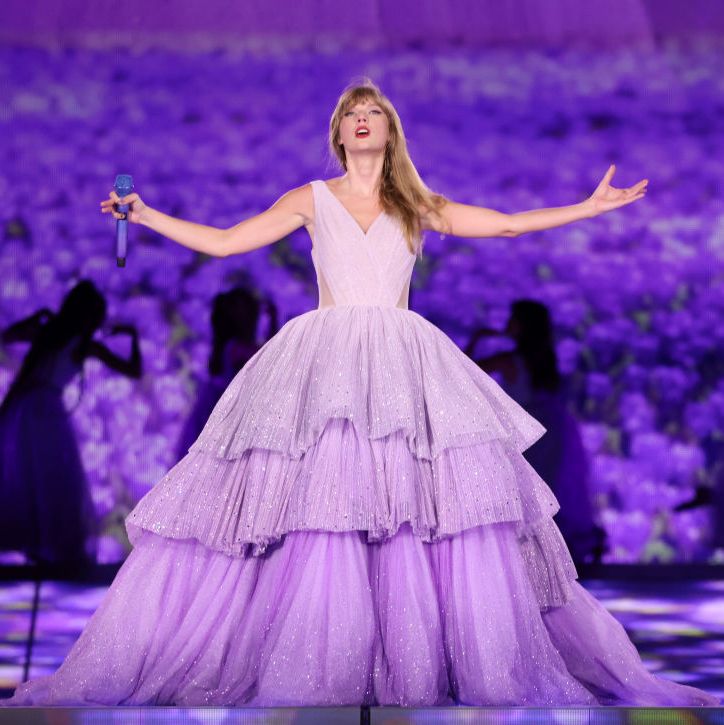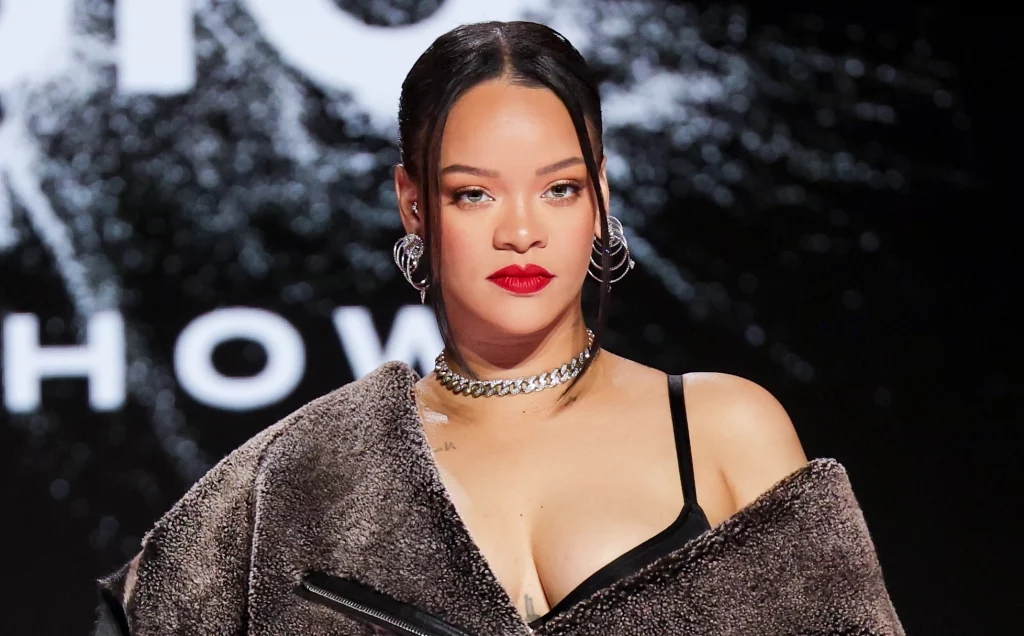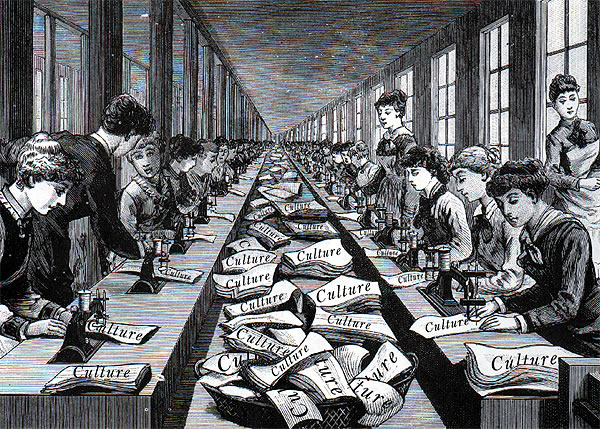The вАШCulture IndustryвАЩ concept has been widely discussed in recent years. It is a term coined by sociologist Theodor Adorno and philosopher Max Horkheimer to describe the commercialisation of art, entertainment, and media. This concept has become increasingly relevant today, where we are constantly exposed to corporate-driven content from television shows, films, music videos and more.

Max Horkheimer 
Theodor Adorno
While this type of cultural production can be beneficial in some ways, as it creates jobs for artists and gives us access to high-quality content that may not have been available, there are also drawbacks associated with the culture industry, such as its homogenising effects on popular culture which can lead to a decrease in creativity or diversity within artistic expression. Furthermore, it creates an environment where consumers are constantly bombarded with messages telling them what they should buy or think without any fundamental critical analysis taking place вАУ leading some scholars like Adorno & Horkheimer (1944) to argue that this form of manipulation leads us away from true freedom towards conformity instead.
Additionally, due mainly to large conglomerates dominating different industries like film and television production companies, there tends to be less room for independent creators who lack financial resources but could potentially offer unique perspectives on social issues through their work. One area where this debate often arises is regarding popular music; many argue that contemporary pop stars churn out manufactured hits designed purely for commercial gain rather than creating meaningful works of art that reflect their personal experiences or beliefs. While there may well be some truth in this statement – particularly when considering certain artists who have become famous through reality TV shows – there are also plenty of examples where musicians have used their platform within the industry system creatively and innovatively while still achieving great success commercially (e.g. Taylor Swift, Rihanna). For example, Rihanna has her cosmetic brand – Fenty Beauty, which helps her to boost her frame.

Taylor Swift 
Rihanna
While accessing too many forms of media at our fingertips is convenient, we should always consider how much influence corporations have over what kind of stories get told through these mediums. We need to look no further than recent movements like #MeToo, which gained attention primarily because individuals shared experiences online without relying solely upon mainstream news outlets, proving, once again, the powerful potential held by everyday people when given space to express themselves freely without fear censorship from those controlling traditional sources information.
Ultimately, it seems clear that we should not dismiss all products from within what might broadly termed вАШthe Culture IndustryвАЩ without further consideration. However, some aspects may lead us towards more generic forms of expression. In contrast, others can provide opportunities for creative individuals who embrace them effectively while simultaneously finding ways to make money вАУ which benefits everyone involved!
Photo sources:
- The Guardian
- The Collector
- Harper
- Variety


Great explanation of the culture industry and how the culture industry is involved in the contemporary examples of media and communication, but can add more details to the examples of how pop stars are successful in commercials by using their platforms.